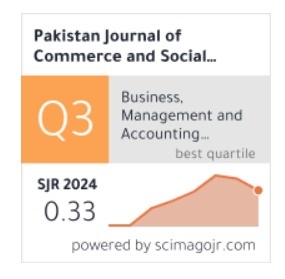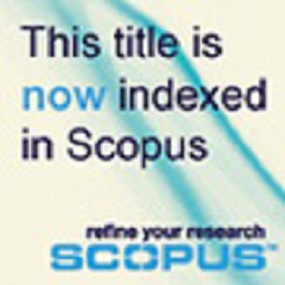Enhancing Organizational Learning Capabilities through Digital Transformation: Role of Perceived Organizational Support and Knowledge Oriented Leadership
Keywords:
Digital transformation, knowledge oriented leadership, knowledge sharing ability, organizational learning capabilities, perceived organizational support, banking sector.Abstract
Digital transformation has become a necessity for organizations due to the speed with which it has prevailed into the lives. However, how it results in developing the organizational learning capabilities has yet not been well established in the literature. Building upon dynamic capabilities theory, perceived organizational support and knowledge oriented leadership were introduced as mediating mechanisms whereas knowledge sharing ability is the conditional variable. This study uses the quantitative approach to examine how and when digital transformation associates with organizational learning capabilities. Samples for two studies were drawn from banking sector of Pakistan. Confirmatory factor analysis using Mplus software was opted to analyze the data set. Findings of the study support the hypotheses that perceived organizational support and knowledge oriented leadership mediate the relationship between digital transformation and organizational learning capabilities whereas knowledge sharing ability moderates the relationship between digital transformation and the two mediators; namely perceived organizational support and knowledge oriented leadership. Full model was also supported. Digital transformation enhances the organizational learning capabilities through perceived organizational support and knowledge oriented leadership provided that the employees possess the knowledge sharing ability.





